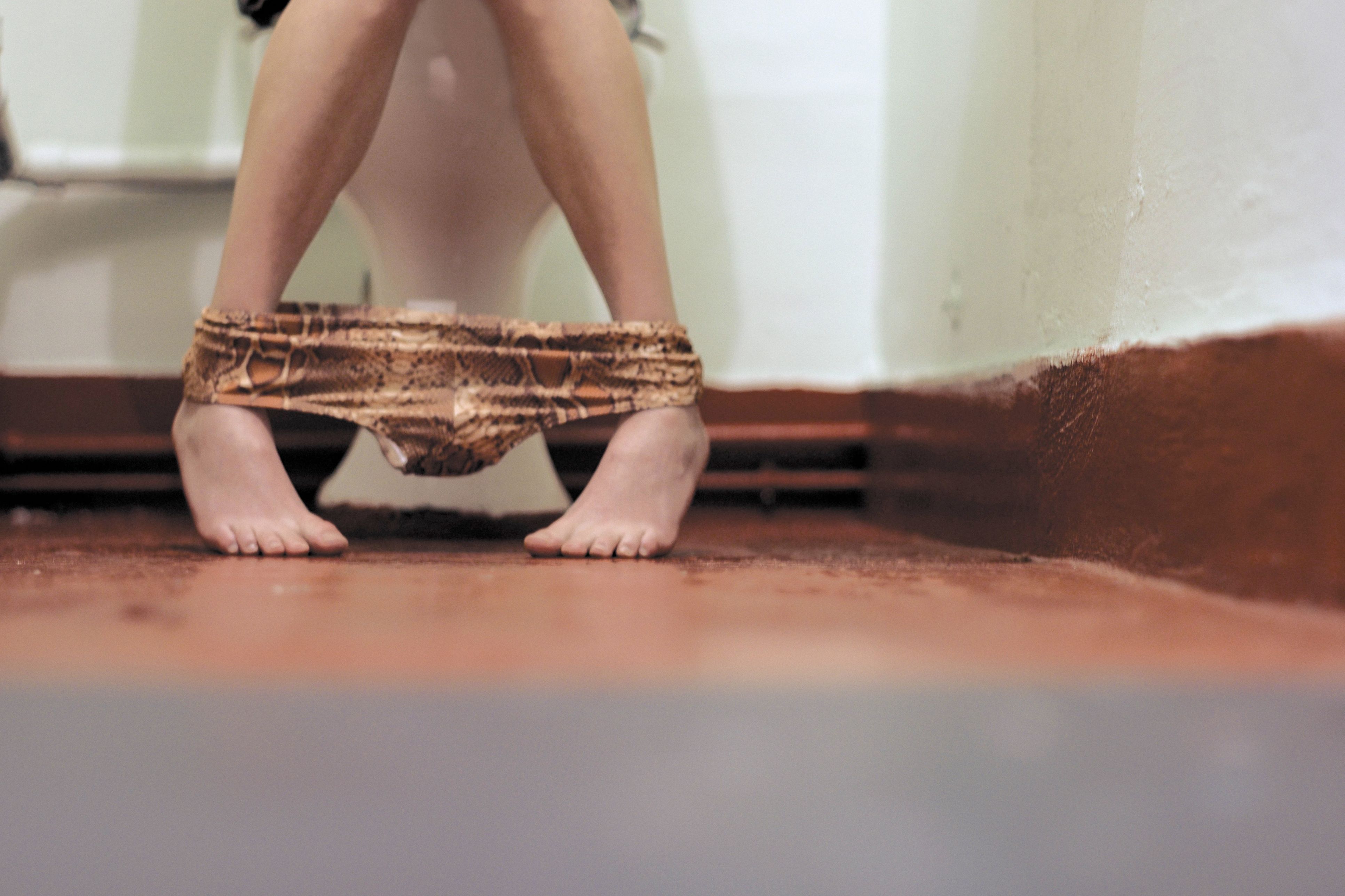The Duration of Urination: What's Normal?
The time it takes to urinate can vary and depends on several factors. Women may notice that they sometimes take longer or shorter to empty their bladder than usual. This can be related to the amount of fluid intake, bladder health, and even your sitting posture on the toilet. Some variation is normal, but if you find that urination has become excessively difficult or painful, it may be a sign of an underlying issue that requires medical attention.
Frequent Bathroom Visits: Is That Normal?
The frequency at which you need to visit the restroom to urinate can vary significantly from woman to woman. It depends on various factors such as fluid intake, activity level, and even hormonal fluctuations. However, it's important to note that if you suddenly experience an increased frequency of bathroom visits without an apparent cause or if this is accompanied by pain or other discomfort, it could be a sign of an underlying medical issue, such as a urinary tract infection, interstitial cystitis, or an overactive bladder.
Bladder Training for Women
Bladder training can help women gain better control of their bladder and prevent unwanted urinary leakage. Kegel exercises are an effective way to strengthen the pelvic floor muscles and improve bladder control. Over time, these exercises can help better manage the sensation of urgency and reduce urinary leakage.
Changes in the Smell and Color of Urine
The odor and color of urine can vary based on diet, hydration, and individual differences. Normal urine usually has a light, somewhat musky odor. However, if you notice strongly smelling urine, it could be a sign of a urinary tract infection or other health issues. As for color, urine can range from pale yellow to amber, depending on the concentration of waste products. If you find your urine is extremely pale or dark and this persists, it may indicate hydration issues or other health concerns that should be evaluated by a doctor.
When Should You Consult a Specialist?
It's essential to remember that if you experience pain, burning, blood in the urine, persistent discomfort, or changes in urination, you should seek immediate medical attention. These could be signs of conditions such as a urinary tract infection, bladder issues, or even kidney problems. A urologist or a gynecologist with expertise in bladder health can help identify the cause of these symptoms and recommend the appropriate treatment.
In summary, urination is an essential bodily function for women, and it's crucial to pay attention to changes in urination and bladder health. Don't hesitate to seek professional medical help if you're concerned about bladder issues because early diagnosis and treatment can prevent a lot of discomfort and help maintain your health.





